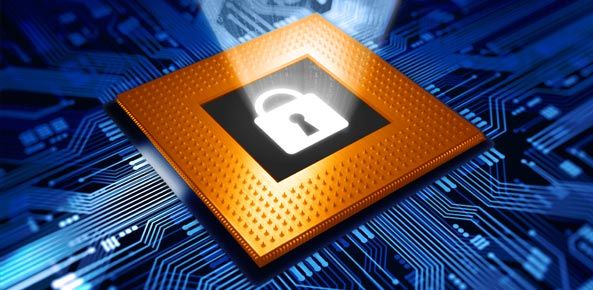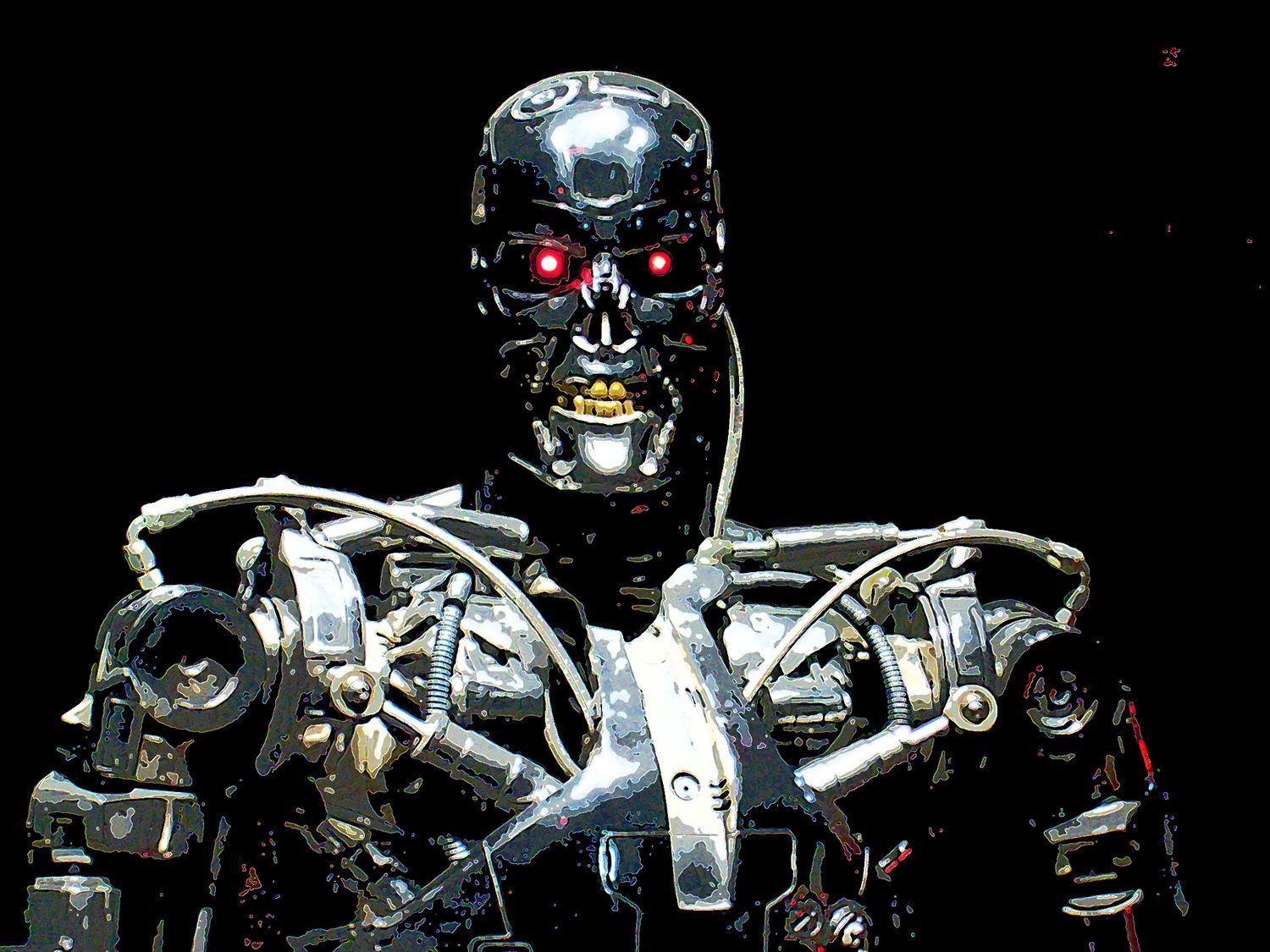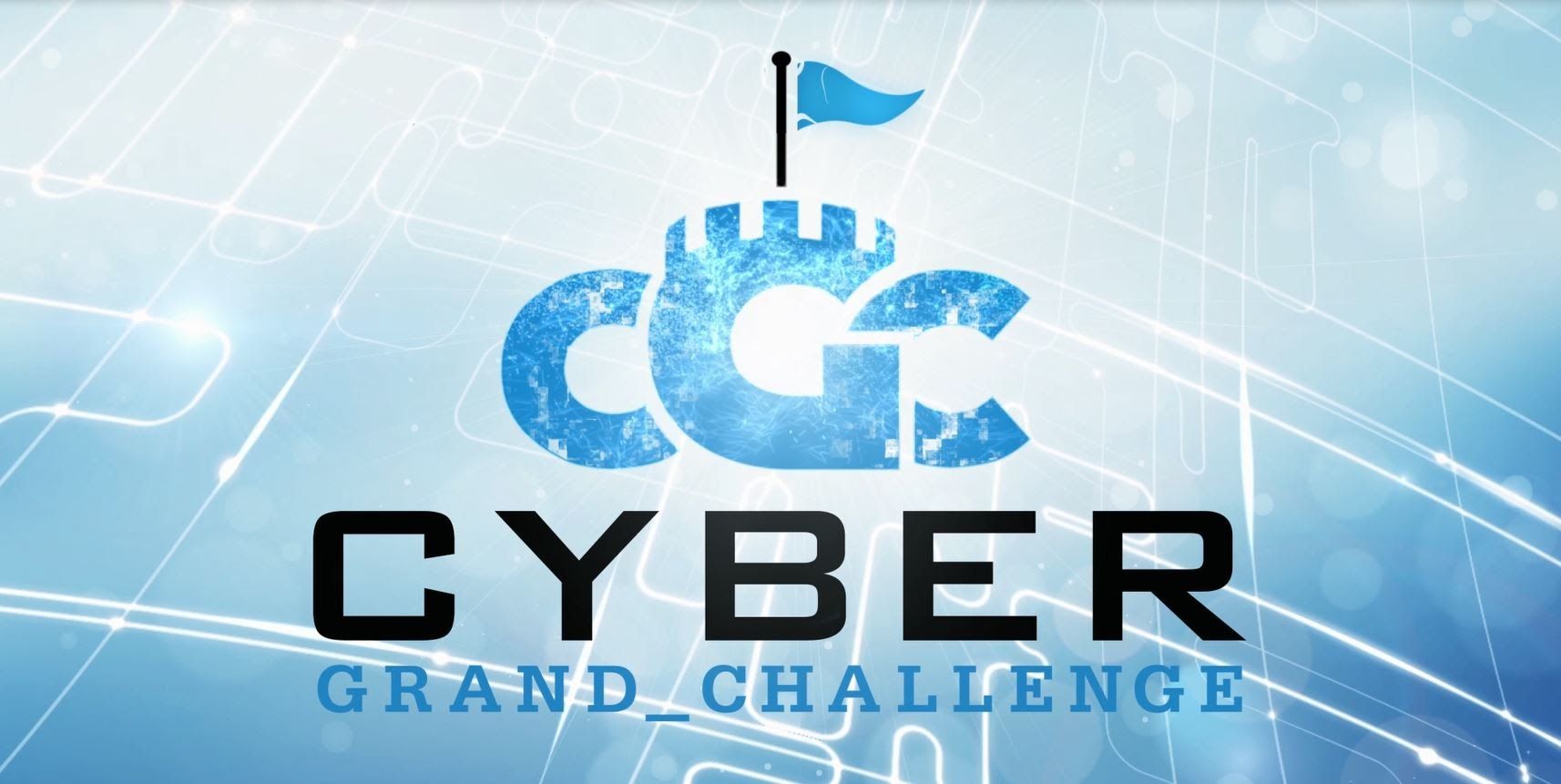Luv it; more believers.
Quantum computers promise to enable faster, far more complex calculations than today’s silicon chip-based computers. But they also raise the possibility that future computers could retroactively break the security of any digital communications that exist today, which is why Google is experimenting with something called “post-quantum cryptography.”
While quantum computer development remains in its early stages, some such computers are already in operation. In theory, future generations of quantum computers could “decrypt any Internet communication that was recorded today, and many types of information need to remain confidential for decades,” software engineer Matt Braithwaite wrote yesterday in a post on Google’s security blog. “Thus even the possibility of a future quantum computer is something that we should be thinking about today.”
Preventing potential nightmares for cryptographers and security organizations will require post-quantum cryptography, Braithwaite said. But Google is far from the only organization researching the possibilities.








